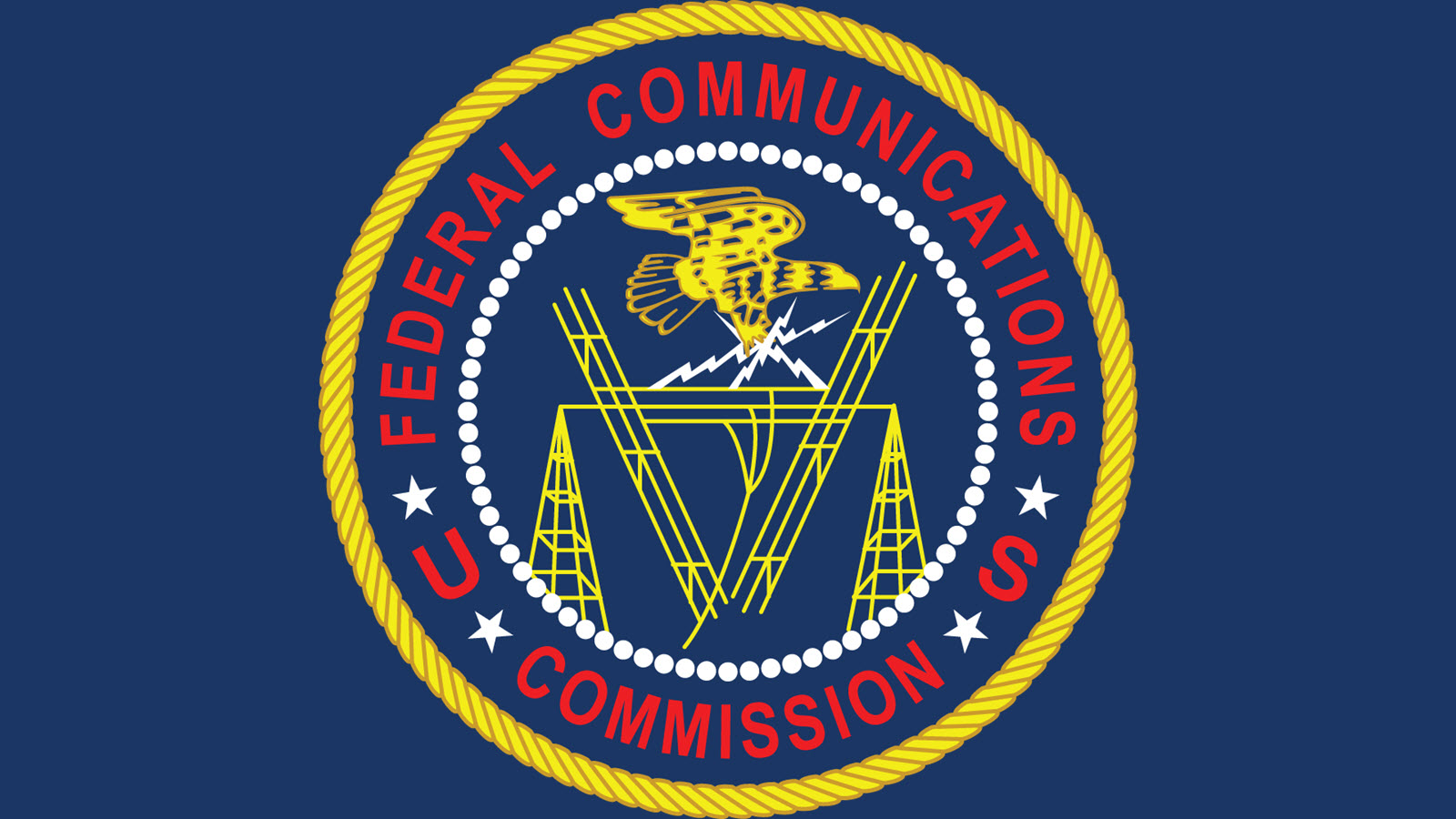FCC Grants NCTA Clarification of Franchise Fee Dereg Decision

Effectively immediately, the FCC has excised two sentences from its order denying a request for stay of its cable franchise fee deregulation decision, sentences it agrees with cable operators could be misconstrued to allow local franchising authorities (LFAs) to "enforce unlawful franchise provisions unless and until a cable operator has proven to a court that they are unlawful."
Related: Markey & Co. Ask FCC to Rethink Franchise Fee Item
The sentences in the FCC's denial of a request by LFA's to stay enforcement of the deregulatory decision order were:
“The rules in the [Third Report and Order] did not supersede provisions in existing franchise agreements on their effective date” and,
“[i]f negotiations fail, the terms in the franchise remain in effect unless and until a cable operator challenges those terms and proves that the terms violate the [Third Report and Order’s] requirements.”
Related: NCTA Says LFA Stay Request Fails on All Counts
NCTA-The Internet & Television Association, had said those sentences conflicted with the original order and petitioned the FCC to scrap them.
The smarter way to stay on top of broadcasting and cable industry. Sign up below
Last August, a divided FCC voted to hold that local cable franchising authorities (LFAs) cannot regulate a cable operator's broadband service and that in-kind services or equipment they require those cable operators to provide for traditional video service must count toward the FCC's 5% (of cable revenue) cap on franchise fees charged by the LFAs.
That necessitates the renegotiation of franchise agreements that did not count in-kind toward the cap.
The National Association of Telecommunications Officers and Advisors (NATOAA) had sought the stay of the decision.
In granting NCTA's edits in an order on reconsideration adopted this week, the FCC's Media Bureau said it agreed the passages misinterpreted the order. It also said a third sentence, “At that point, the LFA and the cable operator have 120 days to renegotiate the franchise agreement,” was also misleading, saying that the parties instead have a "reasonable period of time" to renegotiate, which "in most cases" would be 120 days.
Contributing editor John Eggerton has been an editor and/or writer on media regulation, legislation and policy for over four decades, including covering the FCC, FTC, Congress, the major media trade associations, and the federal courts. In addition to Multichannel News and Broadcasting + Cable, his work has appeared in Radio World, TV Technology, TV Fax, This Week in Consumer Electronics, Variety and the Encyclopedia Britannica.

